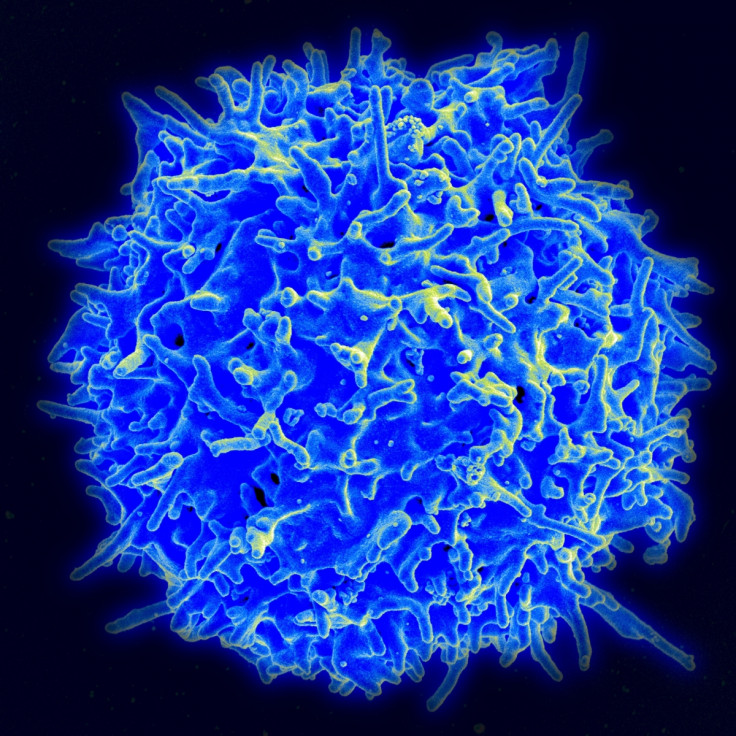'Extraordinary results' for researchers using T-cell therapy to battle blood cancer

Cancer researchers in the US are claiming "extraordinary" results in a study using T-cells to target a specific type of blood cancer. The researchers' first clinical trials involved several dozen terminally ill patients who had only months to live and for whom all other treatments had failed.
Doctors in the study removed immune cells from patients and tagged those cells with "receptor" molecules that target a specific cancer. Those cells are then infused back into the body. Researchers reported that the treatment with the engineered immune cells – called CAR-T-cell therapy – could work even better if doctors transplanted a subset of immune cells known as memory T cells, according to Science News.
In a study involving patients with acute lymphoblastic leukaemia (ALL), 94% of participants saw their symptoms completely disappear. Participants with other types of blood cancer experienced response rates greater than 80%. More than half of patients with other blood cancer experienced complete remission after being treated with just the engineered memory cells, according to a Guardian report.
"This is unprecedented in medicine, to be honest, to get response rates in this range in these very advanced patients," researcher Stanley Riddell said during the annual meeting of the American Association for the Advancement for Science (AAAS).
The researcher at the Fred Hutchinson Cancer Research Center in Washington state added: "There are reasons to be optimistic, there are reasons to be pessimistic." Riddell said that researchers believe that by lowering the dose administered of T-cells, patients will experience a reduced risk of side-effects. "These are in patients that have failed everything. Most of the patients in our trial would be projected to have two to five months to live."
Chiara Bonini of the San Raffaele Scientific Institute in Milan, Italy said that these engineered memory T-cells can remain in patients for at least 14 years. She said that the cells may "act as a living drug that can persist and respond in a patient in case the tumor comes back." The haematologist called the treatment a "revolution".
The study has only targeted certain blood cancers, according to reports. Researchers have also acknowledged that they will have to work on tumors and track how long patients remain in remission. Cancerous cells can remain undetected by the body's defences, or overwhelm them and kick the immune system into overdrive. Although Riddell was cautious of saying when the team would move past limited clinical trials, Bonini said: "I think we're very close to some cellular product."
"Much like chemotherapy and radiotherapy, it's not going to be a save-all," Riddell said of the new treatment. He added: "I think immunotherapy has finally made it to a pillar of cancer therapy." T-cell therapy is often considered a last resort option due to dangerous side-effects, including overload defence cells and cytokine release syndrome. Twenty patients in the study suffered symptoms of the syndrome and two died.
© Copyright IBTimes 2025. All rights reserved.






















